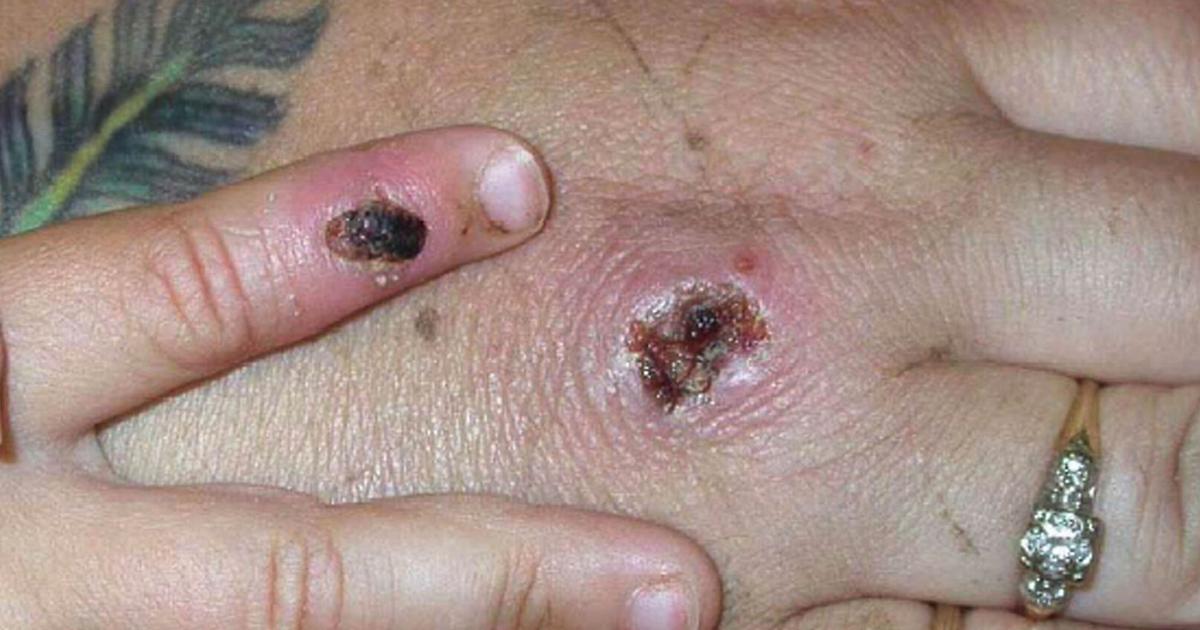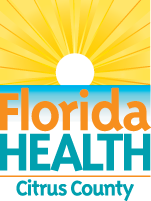Columbia residents have little cause for concern about monkeypox, MU Health Care infectious disease specialist Christian Rojas said in a Zoom Q&A Friday.
Since the beginning of May, cases of monkeypox have been reported in the United Kingdom, Europe and Australia, according to The Associated Press. The only U.S. case is from a man in Massachusetts who contracted the disease earlier this week after returning from Canada, with one other suspected case in New York, according to Rojas and the AP.
“The risk for Columbia and our region right now is low,” Rojas said.
Monkeypox is a virus that belongs to the same family as smallpox, but it causes milder symptoms, according to the AP. The disease usually originates in rodents and primates.
The most common way monkeypox is transmitted is through a bite, scratch or interaction with an infected fluid from an animal that has the disease, Rojas said. The most common symptoms are a fever, widespread rash and swollen lymph nodes, he said.
Human-to-human transmission of monkeypox is generally rare and usually requires prolonged close contact through respiratory droplets, Rojas said.
Monkeypox has been largely confined to areas of west and central Africa. Cases outside of Africa have often been linked to imported animals or international travel. The new cases do not hold that association, Rojas said.
“Many of these cases did not travel to Africa, and they did not have contact with infected animals,” Rojas said.
If the disease makes its way to Missouri, MU will follow the infection control procedures. The patient would be isolated and MU Health would work with the health department to contact trace, Rojas said.
Rojas said testing for monkeypox is available through the Centers for Disease Control and Prevention.
The smallpox vaccine, which is largely no longer needed among the general population, is used to inoculate against monkeypox when needed.
Rojas said monkeypox does not have the same capacity to become a pandemic like COVID-19 because it is less transmissible. He does not expect a mass vaccination recommendation as happened with COVID-19.








